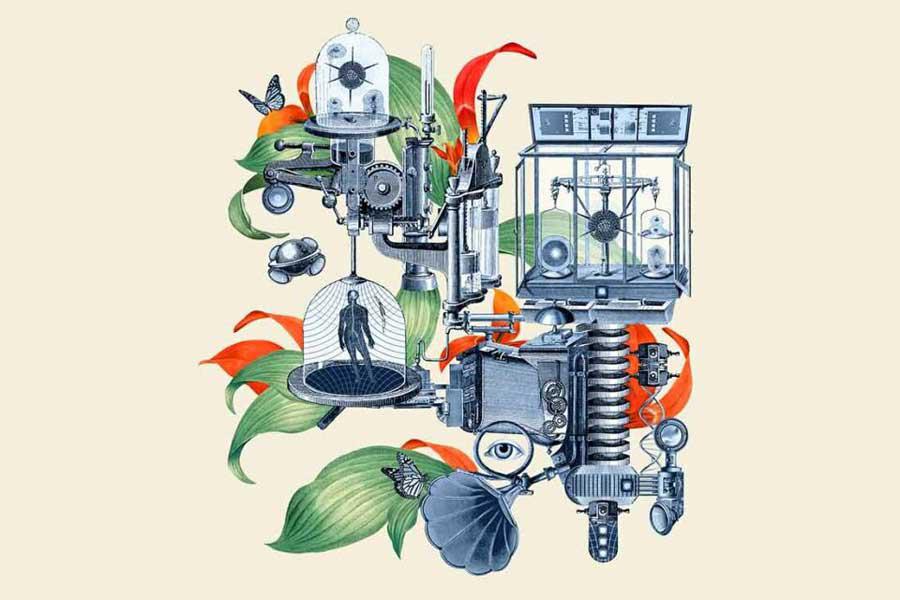How to attack the 'dark side' of Artificial Intelligence, from education How to attack the 'dark side' of Artificial Intelligence, from education
How to attack the 'dark side' of Artificial Intelligence, from education How to attack the 'dark side' of Artificial Intelligence, from education
Until before the pandemic, education seemed to resist artificial intelligence (AI), but now the world is hyperconnected and digital has become a new universal language.
“90% of teachers in the UK have used some educational technology – which they had never used before – and would recommend it to a colleague”, says Rose Luckin of the University College London Institute of Education and director of EDUCATE, a London center for startups educational technology (EdTech).
The expert often compares AI to opening the "black box" of learning. Although it is a technology that can help understand data, how to protect privacy?
The question raises more questions in its wake and EdTech experts talk about them during an interview for Tec Review at the International Conference on Educational Innovation (CIIE).
We recommend: The dark side of Artificial Intelligence
Artificial intelligence will never surpass human
AI gets a lot of negative publicity, mostly from science fiction movies. "But this technology will never surpass human intelligence, because ours is so much more complex," says Luckin.
The systems we have now are smart, but in much more specific ways. For example, an autonomous vehicle cannot play chess and a chess machine cannot drive a car. AI is very specific in its application, she explains.
“When we program machines, the hardest thing is to make them do what we take for granted, the unwritten rules of society,” she says. For example, they cannot handle interpersonal relationships like we do.
AI is not good for developing a deep and meaningful relationship with another human, and relationships are very important for delivering quality messages in education.

“AI is not going to replace anyone, rather it will augment and improve education,” says Luckin. (Photo: Zoom screenshot)
What aspects can AI improve?
This is how it will never replace us, but it will improve some aspects. “What it is good for is reliable processing of large amounts of information, something that humans have a hard time doing.”
Another example is given by Avi Warshavsky, founder and CEO of MindCET EdTech Innovation Center and member of the board of directors of the Israel Education Center.
“AI can be very well used for language learning, because the machine is not judging and it is a great way to learn. A system of dialogue without judgment”.
What will happen to our data?
AI is based on data, from which it analyzes, solves problems, identifies patterns and more.
The first step in explaining to people what will happen to their data is to “empower them, we need to educate them, help them understand what AI is and why it needs data and what it can do with it,” explains Warshavsky.
That way it will be easier for them to decide if they want their information to be used. This is known as the ethical application of artificial intelligence.
However, there are many questions. He warns that EdTech specialists should ask themselves very well what they are going to accumulate data for.
For example, every time the researcher Luckin decides to work with data, she passes her decision through an ethics committee.
In fact, in 2018, Luckin and Anthony Seldon founded the Institute for Ethical Artificial Intelligence in Education in the United Kingdom so that there is respect for the laws and there is an agreement regarding data protection between Europe and the United Kingdom.
One of the solutions it has applied is programming AI to learn behaviors anonymously.
